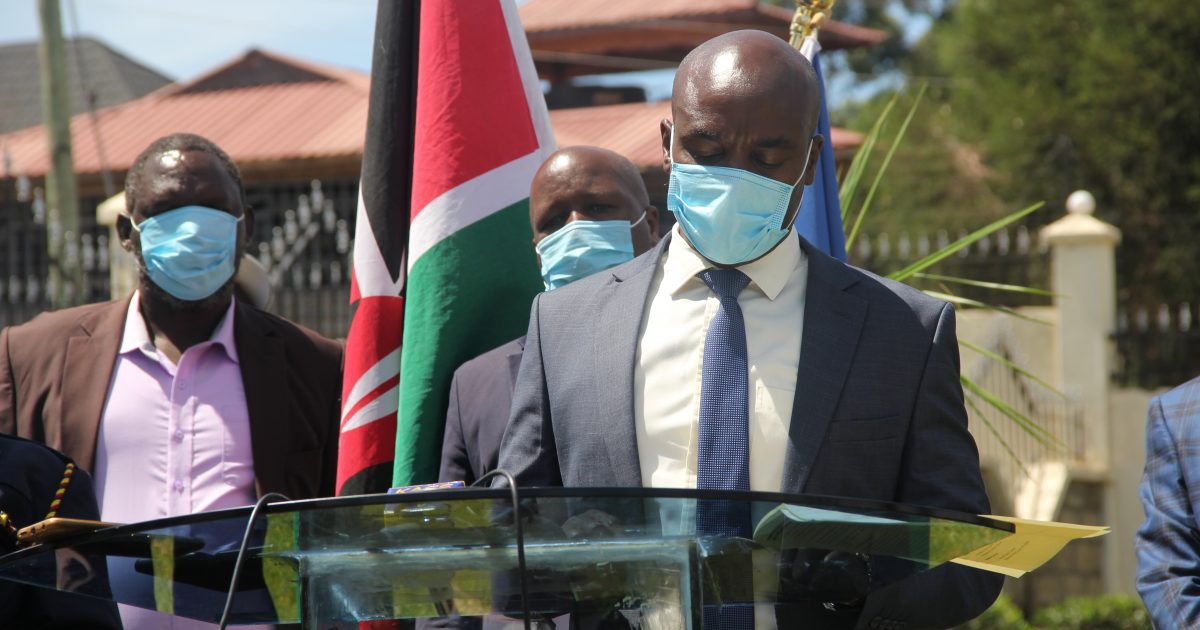Bomet County Governor Dr. Hillary Barchok has expressed his satisfaction over the revocation of a section of the Tea Act barring direct sales of tea by farmers, terming it a big relief to the small-scale tea farmers.
The Governor had filed a case on behalf of the County farmers seeking to stop the implementation of a section in the Tea Act barring the direct sale of tea.
A Bomet High Court gave a conservatory order suspending the coming into force, a section of the Tea Act prohibiting farmers from making direct sales of their product.
Justice Roselyn Korir suspended the implementation of the section last week pending hearing and determination of the case.
Agriculture Cabinet Secretary (CS), Peter Munya, Attorney General, Paul Kihara and the National Assembly were the respondents in the case filed by Dr.Barchok on behalf of the County Government.
Addressing the media in his office, the County Boss noted that the section if implemented, it could have infringed on the rights of small-scale tea farmers in the Country, seeking better markets for their produce.
Barchok also said his administration was in the last stage of negotiations with the Iranian Government with an intention of exporting tea produced in the County directly to the Asian country, therefore the ruling comes as a reprieve for all farmers countrywide.
“Early last year, the County negotiated and struck a deal with Iran. The deal would suffer a setback following the introduction of Section 36 of the Tea Act which restricts tea farmers from selling their produce to any other place other than the tea auction floor,” he said.
“This move denied our farmers the benefits to having direct sales and other benefits such as favourable prices, market free from middlemen, which would eventually boost the economy of Bomet,” he added,
Following the enactment of the Act, the County through Barchok filed the case in March challenging sections 5(j), (l), 32, 34, 36, 48, and 53.
In giving the ruling, Korir said she considered the averments in the applicant’s supporting affidavit and the submissions, hence satisfied that the applicant put an arguable and prima facie case against the respondents.
“I am persuaded by the arguments that the applicant has demonstrated an overwhelming public interest in the litigation,” she said.
“It is, therefore, right and proper that the conservatory order is granted to protect the public interest in the interim.”
The orders will now remain in force pending hearing and determination of the petition.
By Lamech Arisa




